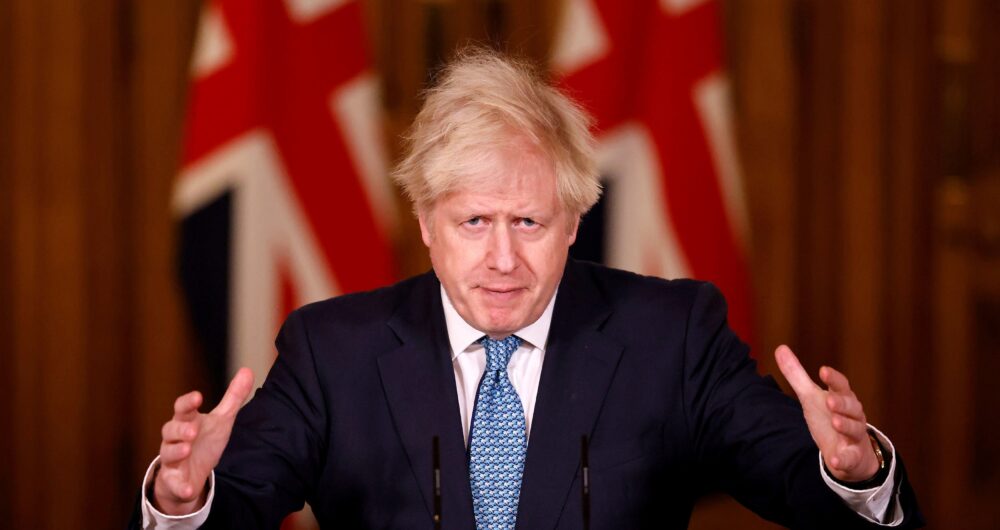Boris Johnson has said “Christmas will be considerably better” than last year but it is up to industries to fix the supply chain crisis, according to LBC News
Speaking at a youth club in East Manchester, the PM said he would keep “all options on the table” to solve the supply chain crisis.
“We will take sensible measures and we will use controlled immigration as one of the things like any sensible government would.”
But he refused to rule out supply chain disruption lasting until Christmas: “Where there are issues that we can help with, we will do everything we can.”
He emphasised the role of industries to help solve the crisis and rejected “uncontrolled immigration” which he claimed would see a return to a “low skilled, low wage economy”.
“We’ll take each step as it comes, we’re there to support industries that are having difficulties.
“But it is fundamentally up to them to work out the way ahead.
“In the end, those businesses, those industries, are the best solvers of their own supply chain issues – Government can’t step in and fix every bit of the supply chain.”
His comments come after the chair of the Conservative Party Oliver Dowden told LBC this morning there are still “significant challenges” with fuel supply in London and the South-East.
Yesterday, chairman of the Petrol Retailers Association told LBC the crisis is “absolutely horrendous” in the South-East, but stabilising elsewhere.
Meanwhile Nick Allen, CEO of the British Meat Processors Association (BMPA), told Swarbrick on Sunday that turkey farmers “will be short of supply” this Christmas due to a lack of labour from the EU.
“Farmers haven’t known whether they’re going to be able to get a labour supply or not, they have not actually put the turkeys into the system in the first place.
“The government only made this announcement last week. A lot of turkeys should have been on the farm a long time ago, you can’t suddenly just conjure them up.”
The PM acknowledged this morning that he was made aware of the shortage of HGV drivers, estimated to be around 90,000, well before June.




